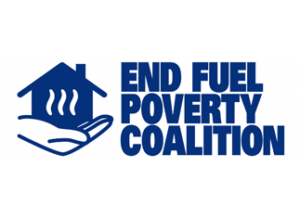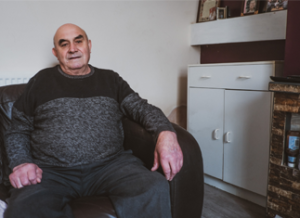Contact: Jamie Miller, Policy and Campaigns Officer, NEA Northern Ireland
Over the last number of weeks, we have experienced a significant rise in the number of households seeking emergency support for fuel poverty. We therefore welcome the launch of DfC’s Emergency Fuel Payment Scheme, as we know support is needed now more than ever.
However, NEA NI are concerned that the allocation of £2M for the scheme falls significantly short of what is required to mitigate the worst impacts of the ongoing Energy Crisis in Northern Ireland.
The £2million scheme aims to help 20,000 households in Northern Ireland, but we believe there are many more households living in fuel poverty.
In 2016 the Northern Ireland House Condition survey found that NI had fuel poverty rate of 22%. At this time, it was also estimated that there were approximately 43,800 households living in extreme fuel poverty, which means they need to spend over 15% of their total income to heat their homes.
We know that Northern Ireland continues to have amongst the lowest levels of household income across the UK and the highest weekly household expenditure on energy of any UK region. Taken in conjunction with challenging economic conditions as well as the ongoing global pandemic, many families continue to face challenges with meeting their energy costs. These pressures are further amplified by the ongoing energy crisis, which has seen fuel prices soar to record levels.
Unfortunately, this means that many households in Northern Ireland face the prospects of cold homes, especially during the winter months. Homes play a crucial role in ensuring the health and well-being of individuals and households, and NEA believe that everyone in Northern Ireland should be entitled to a warm, safe, and healthy home.
We don’t believe the Emergency Fuel Payment Scheme is significantly equipped to deal with the current challenges, especially as temperatures start to plummet, and are calling on the Northern Ireland Executive to agree a broader package of support to protect households in Northern Ireland from fuel poverty.
We also have some concerns that the scheme could be difficult to access for those households who are digitally excluded and therefore require additional support.















